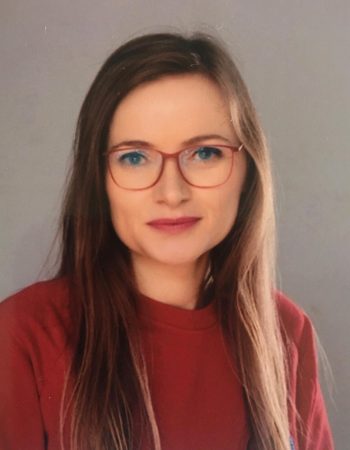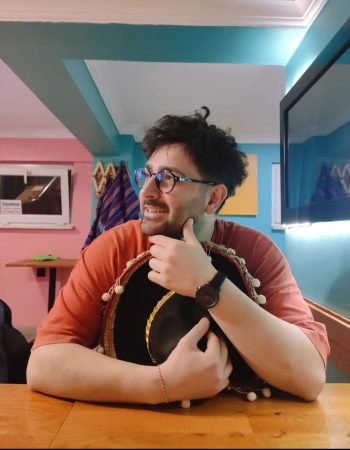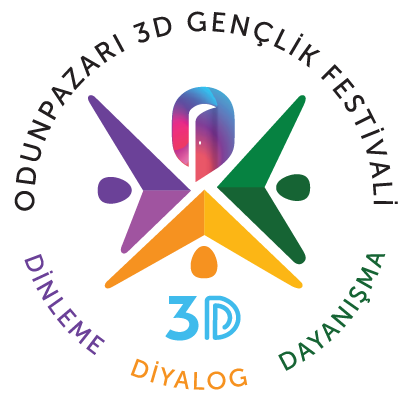Social Impacts of Digital Transformation:
Globally, we are in a process where digitalization is accelerating in many fields such as art, economy, politics and communication. For example, some scholars describe this digitalization process in the field of art as a “digital renaissance”, while others claim that the digital money ecosystem will create a new decentralized economic system. On the other hand, the “metaverse”, which is marketed as an alternative and parallel world to the physical world, and “artificial intelligence”, which is approached as an evil antihero that is feared to take over the world, are also on the rise. This session will discuss the potential problems that the current digital transformation process may create in the individual and social context and the solutions to these problems. The main questions to be answered in this context are as follows:
- Should we be afraid of technology?
- Are artificial intelligence and robots a threat to humanity?
- Is it possible to create an alternative world with digital technologies?
Moderator
Rapporteur


Assoc. Prof. Tezcan Özkan Kutlu
Ahmet Akkoç
Tezcan Özkan Kutlu completed her primary, secondary and high school education in Eskişehir. In 2003, she graduated from Eskişehir Anadolu University, Faculty of Communication Sciences, Department of Press and Publication. She completed her master’s degree at Anadolu University Institute of Social Sciences, Department of Press and Publication in 2006. In 2006, Özkan Kutlu started her doctoral program in the same department and completed her doctoral education in 2014 with her thesis titled “New Journalist Identity in the Context of New Communication Technologies” and was entitled to receive the title of doctor. Associate Professor Dr. Tezcan Özkan Kutlu is currently working at Anadolu University, Faculty of Communication Sciences, Department of Press and Publication. Her academic interests include new communication technologies, new media studies, Internet and digital journalism, news verification, digital media literacy and new media sociology.
Ahmet Burhan Akkoç completed his primary, secondary and high school education in Ankara. In 2014, Akkoç studied International Relations at Bolu Abant İzzet Baysal University and completed his undergraduate education one year early and graduated as an honor student. During his undergraduate education, he completed the Social Services department at Anadolu University Open Education Faculty and participated in the 60-hour “Leadership, Social Entrepreneurship, Negotiation, Democratic Participation, Lobbying, Communication, Platform Building, Transparency” training numbered ‘TR2014/DG/04/A1-04/363’ by taking part in GÖLSEV Association. In 2019, Akkoç started the Political History Master’s program at Kocaeli University and in 2021 he wrote a Master’s thesis titled “Political systems and electoral authoritarianism: The case of Belarus” in 2021. His academic interests during his graduate studies were on Democracy, Authoritarianism, Elections, Political Participation and Eastern European studies. During his master’s education, he worked as a scholar in the TUBITAK 1003 R&D Project titled “The Effects of Foreign Direct Investment Sourced Technological Diffusion on Innovation and R&D Development of Local Firms in the Turkish Manufacturing Industry” between 11.12.2019 and 13.03.2020. 2020, and during his Master’s education, his studies titled The Effects of the Covid-19 Crisis on Political Economy from a Neoliberal Perspective, Kosovo War Analysis with Conflict Mapping Method, and Mehmet Akif Ersoy’s Impact on Islamic Conservatism Thought and His Place in Ottoman Thought Movements were published. As of 2022, Akkoç is a PhD candidate at Anadolu University, Department of Political Science and International Relations. During this process, he graduated from the Department of Justice at Anadolu University Open Education Faculty. During his doctoral education, his academic interests are Migration, Refugees, Global Governance, Civil Society Organizations and International Organizations.
